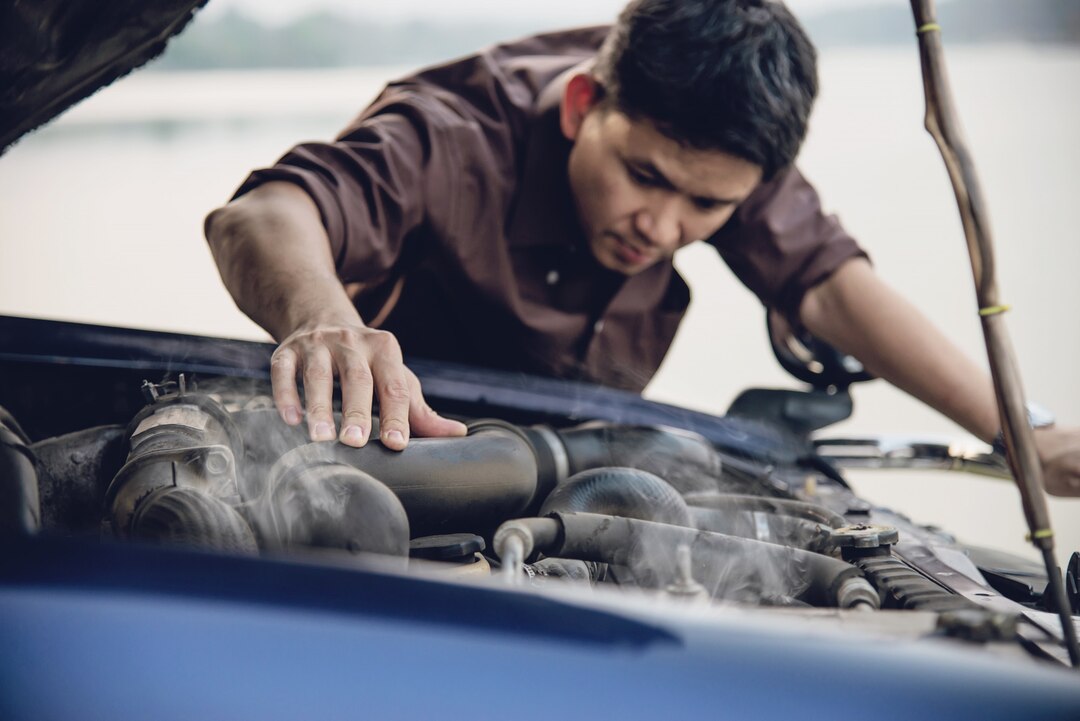Your car’s cooling system is essential for maintaining optimal engine temperature and preventing overheating, especially in South Africa’s often hot and dry climate. Over time, cooling system components can wear out or develop leaks, necessitating replacement to ensure your vehicle’s reliability and performance. In this article, we’ll explore the process of replacing your car’s cooling system in South Africa, including the time it takes, the costs involved, and important considerations to keep in mind.
The Importance of a Healthy Cooling System:
Before delving into the replacement process, it’s crucial to understand the role of your car’s cooling system. The cooling system is responsible for regulating the temperature of the engine by circulating coolant (antifreeze) through the engine block, radiator, hoses, and other components. A properly functioning cooling system helps prevent engine overheating, reduces wear and tear on engine components, and maintains optimal fuel efficiency and performance.
Signs That Your Cooling System Needs Replacement:
Several signs may indicate that your car’s cooling system is in need of replacement. These include:
- Engine overheating or running hot.
- Coolant leaks or puddles beneath the vehicle.
- Low coolant levels or frequent need to top up coolant.
- Engine temperature gauge indicating overheating.
- Sluggish or inefficient cooling system performance.
If you notice any of these signs, it’s essential to have your cooling system inspected by a qualified mechanic to determine the extent of the issue and whether replacement is necessary.
The Replacement Process:
Replacing your car’s cooling system typically involves several steps, including:
- Diagnosis: The first step is to diagnose the cause of any cooling system issues, such as leaks, worn-out components, or coolant contamination. A thorough inspection by a qualified mechanic will help identify the source of the problem and determine the best course of action.
- Drain Coolant: The mechanic will drain the old coolant from the system, ensuring that it is properly disposed of according to environmental regulations.
- Remove Old Components: The old cooling system components, including the radiator, hoses, thermostat, water pump, and radiator cap, will be removed from the vehicle.
- Install New Components: New cooling system components will be installed, including a new radiator, hoses, thermostat, water pump, and radiator cap. It’s essential to use high-quality, OEM (original equipment manufacturer) or equivalent replacement parts to ensure proper fit and function.
- Fill with Coolant: The cooling system will be filled with fresh coolant (antifreeze) of the appropriate type and concentration, as specified by the vehicle manufacturer.
- Pressure Test: The cooling system will be pressure tested to ensure that there are no leaks or other issues that could compromise its performance.
- Check Operation: Once the replacement process is complete, the mechanic will check the operation of the cooling system, including monitoring engine temperature and coolant levels, to ensure everything is functioning correctly.
Time and Cost Estimate:
The time and cost involved in replacing your car’s cooling system can vary depending on several factors, including the make and model of your vehicle, the extent of the damage or wear, and labor rates at the repair facility. In general, replacing a car’s cooling system can take anywhere from 4 to 8 hours of labor, depending on the complexity of the job.
As for the cost, you can expect to pay for the replacement parts (radiator, hoses, thermostat, water pump, coolant, etc.) as well as labor costs. On average, the total cost of replacing a car’s cooling system in South Africa can range from R3000 to R8000 or more, depending on the factors mentioned above.
It’s essential to obtain a detailed estimate from a reputable auto repair shop or dealership before proceeding with the replacement to ensure that you understand the scope of the work and the associated costs.
Maintaining a healthy cooling system is crucial for the reliability and performance of your vehicle, especially in South Africa’s challenging climate conditions. If you notice any signs of cooling system issues, such as overheating or coolant leaks, it’s essential to have your car inspected by a qualified mechanic as soon as possible. By understanding the replacement process, including the time, costs, and important considerations, you can make informed decisions to keep your car running smoothly and safely on the road.











